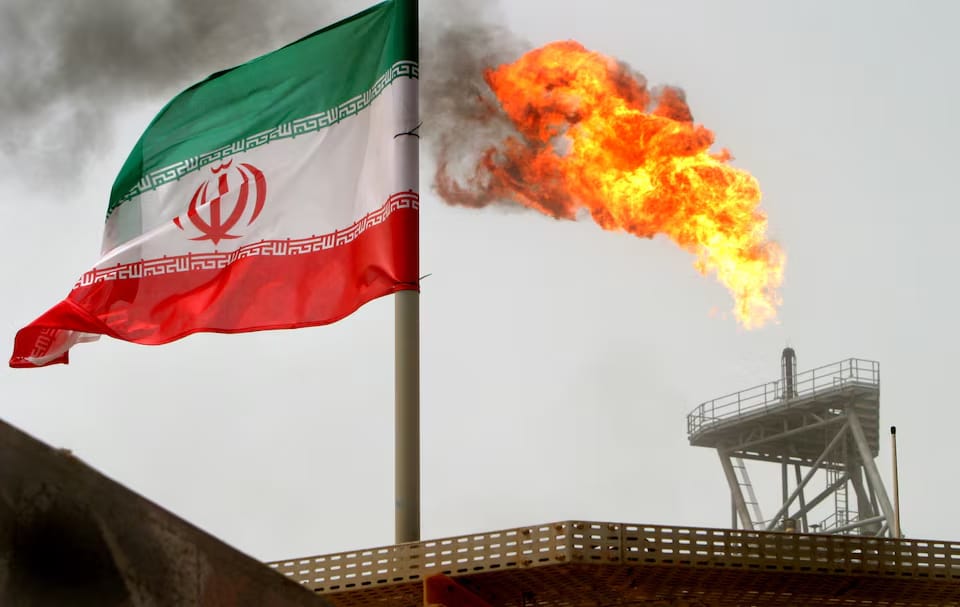Featured Posts

The drop happened fast! If you blinked sometime in February, you might’ve missed that we were at new all-time highs. Now? We're in full correction territory. Just yesterday, the S&P 500 fell more 2%, and now close to 10% in less than a month. Not

Did you know that 56% of Wisconsin’s agricultural exports could be impacted by tariffs from Canada, Mexico, and China? Wisconsin now represents the 11th largest exporter of agricultural products in the U.S., up from 13th in 2023 (WI DATCP). In 2024, Wisconsin’s agricultural exports reached $3.97

So, here’s something no one seems to be making a big deal about: tariffs are rising fast, and they’re dragging the US economy down. You won’t hear much about it in the headlines, but the effects could start to pile up. Higher prices, weaker growth, and more

In the past year, gold has been steadily climbing, central banks have been buying at record levels, and the macro setup could be pointing to its biggest move in decades. But, it doesn't seem like investors aren’t paying attention. Stocks dominate the headlines, and gold still carries

When missiles start flying, oil prices usually go up—and traders are already betting on $100 per barrel. Something suprising is happening: the market isn’t panicking. Traders are watching, but things are calm so far, given the stakes.
The recent tension between Israel and Iran is making people nervous about disruptions in oil supply. Israel says it will "painfully respond" to Iran’s missile attacks, which should have meant a big jump in oil prices. Instead, the market response has been muted. Some experts have compared it to a "boy-who-cried-wolf" situation. After so many false alarms, traders aren’t reacting without proof of real trouble. The numbers show this: oil prices only went up 2.4% after the attacks, and Brent crude is around $70 per barrel—well below last year's peak of $90. Staying calm in this environment could prove risky, but for now, no one is rushing to react.
What's Next?
Still, not everyone is relaxed. Some traders are hedging their bets by buying a lot of $100 oil call options—basically betting that oil will reach $100 by December. Almost 27 million barrels worth of these options were traded, plus another 7 million barrels of U.S. crude contracts. Analysts say the U.S. shale boom has changed the game. Two decades ago, this kind of conflict would have already pushed prices over $100, but today, U.S. production provides a safety net. Yet there are voices in the market suggesting that the risk isn’t being taken seriously enough. If Israel targets Iranian oil, prices could easily jump from $74 to around $86. Traders are playing it safe: they don’t think a crisis is guaranteed, but they aren’t ruling it out either.
So, is $100 oil coming? Maybe, but it’s not certain. Weak demand, especially from China, and expected production increases from OPEC+ could keep prices under control. But big risks still loom. The Strait of Hormuz, the narrow passage through which much of the world’s oil flows, is a major concern. Any disruption there could send prices quickly soaring past $100. Analysts are calling a blockade of the Strait a tipping point that could lead to major price increases. Some believe the odds of a big supply issue are low, but others warn that this could be a repeat of the 2019 attacks on Saudi oil facilities—but worse. Back then, prices jumped briefly but settled down quickly. This time could be different.
The bets on $100 oil reflect both fear and opportunity. Traders aren’t overreacting; they’re staying calm because they’ve seen too many false alarms before. Past crises like the Saudi oil attacks and the Russia-Ukraine conflict caused price spikes, but things eventually calmed down. U.S. shale production helps steady the market now, but if tensions heat up—especially if there are attacks on key oil facilities—everything could change fast.
The real question isn’t just about $100 oil; it’s whether the market is right to be this calm. Traders have been burned before by false alarms, so they’re hedging their bets—preparing for a possible spike but not making drastic moves. Are they being smart, or is a rude awakening coming? The truth is, oil’s future depends on both hard data and the unpredictable nature of global politics. For now, things are steady—but it wouldn’t take much to shake it all up.


